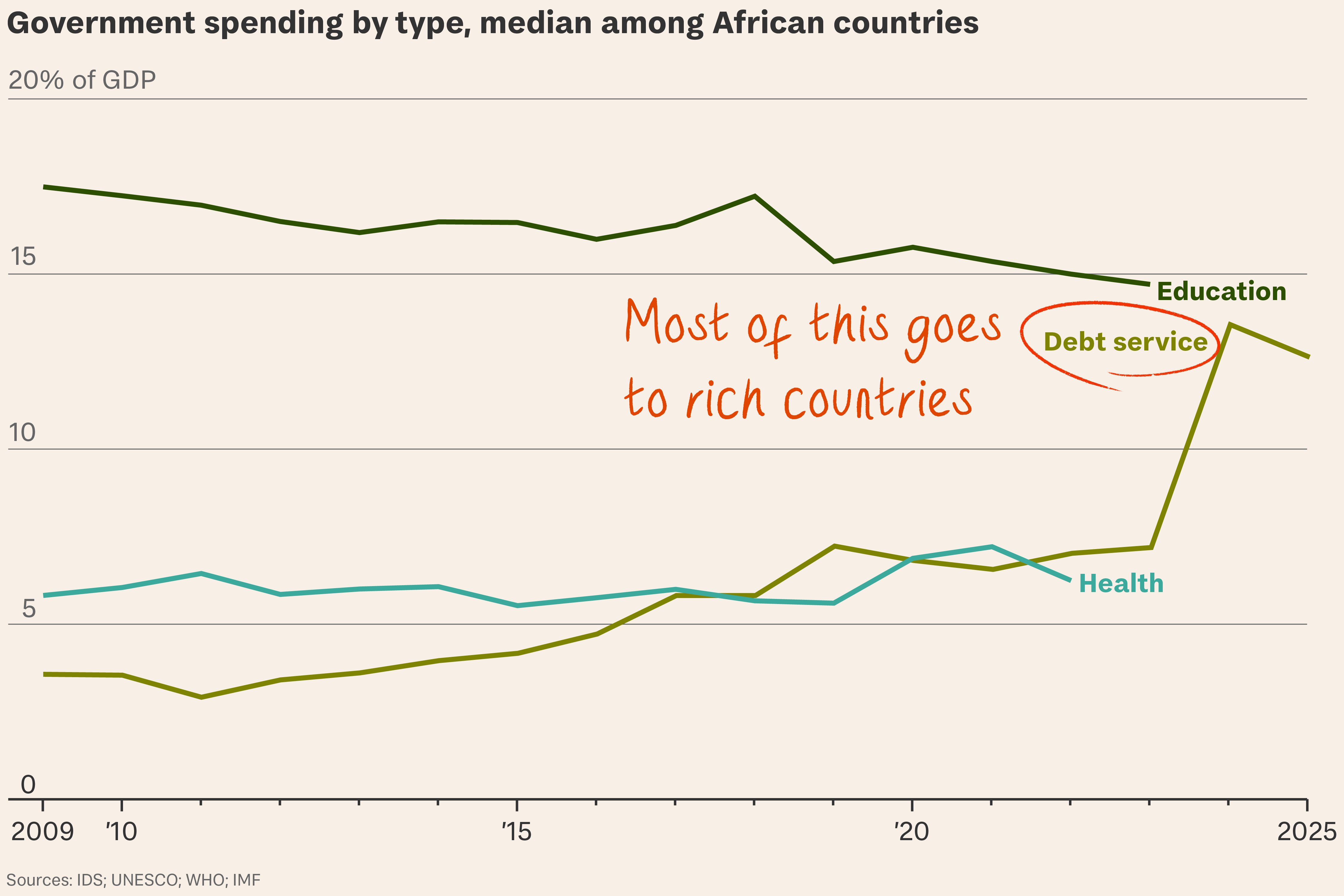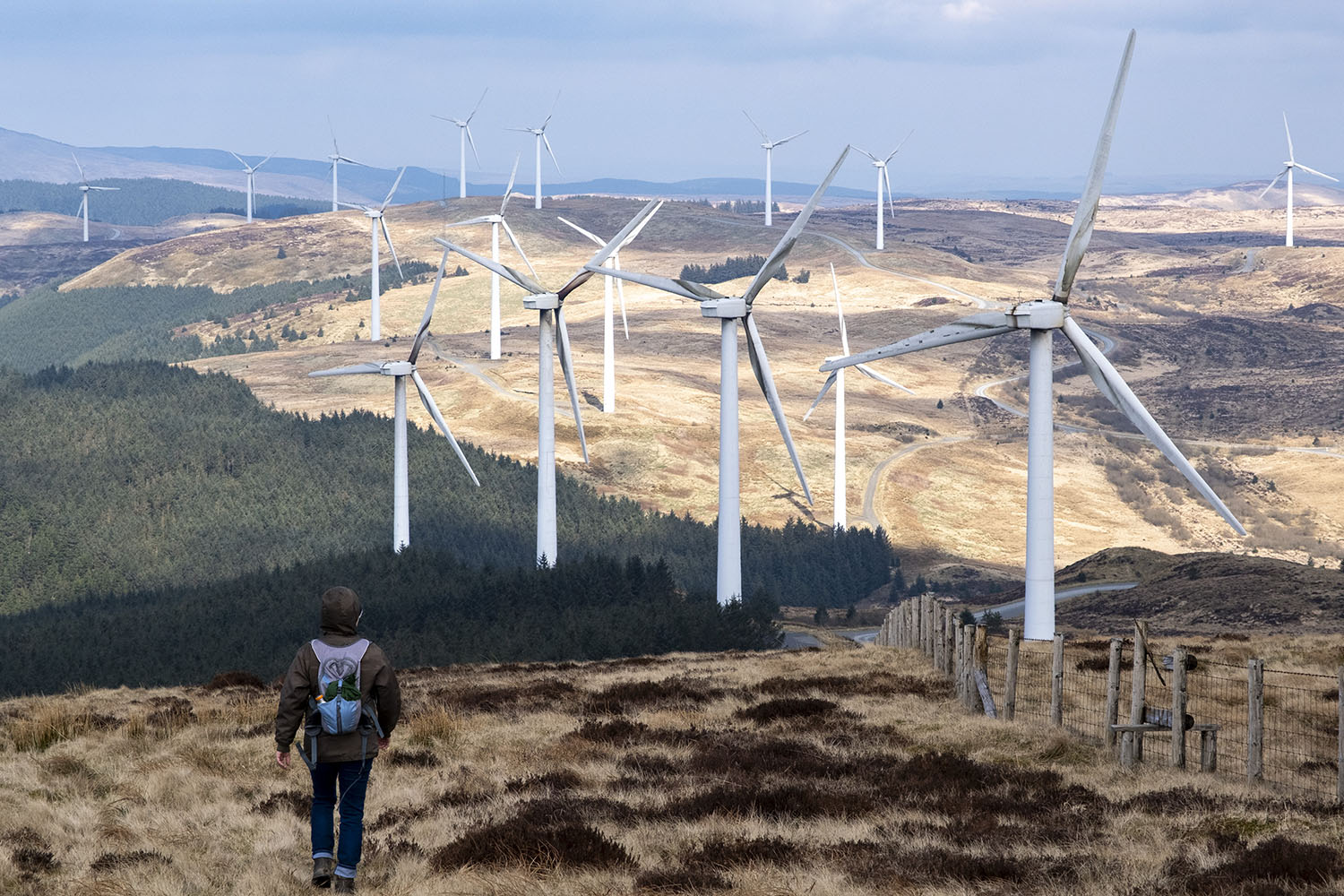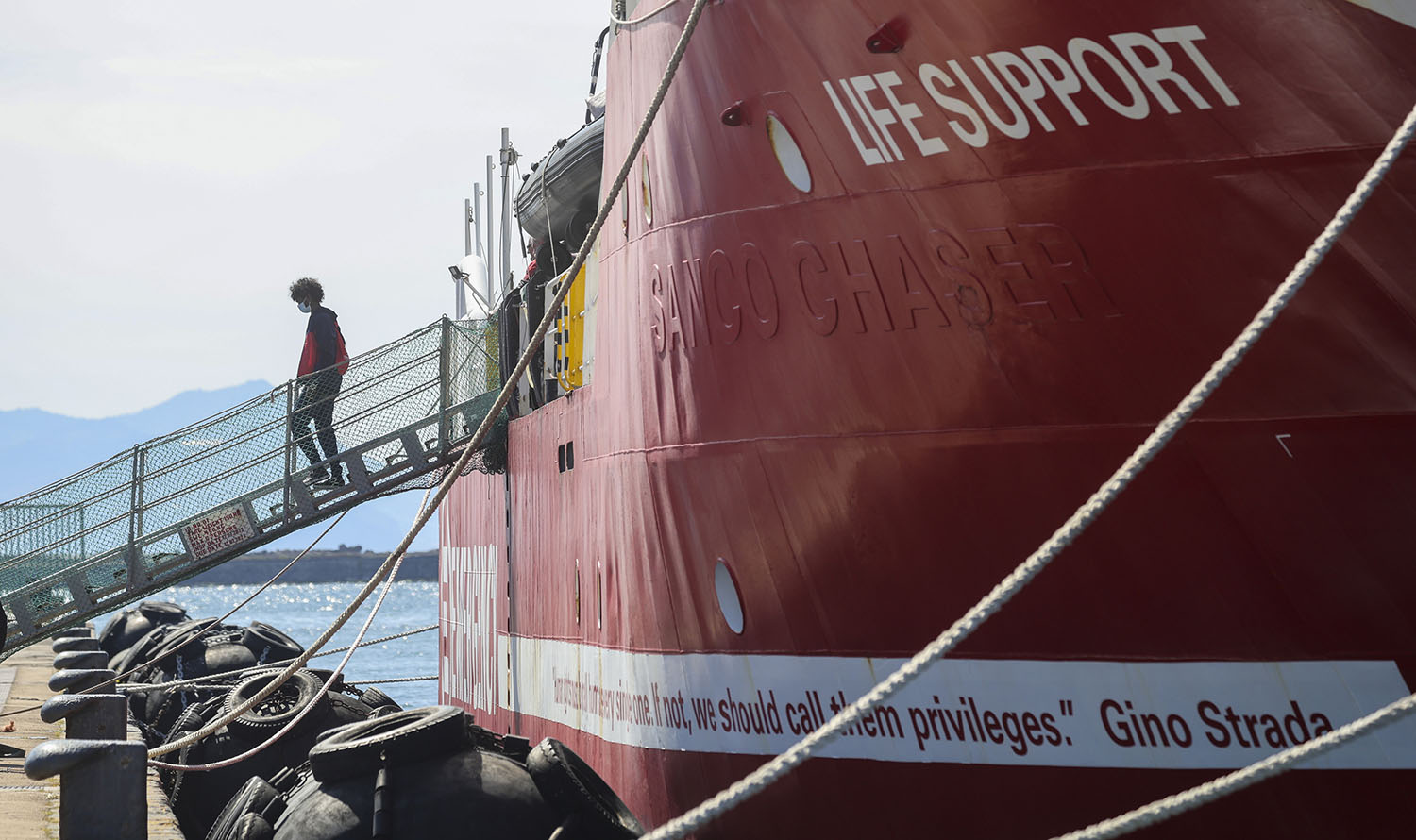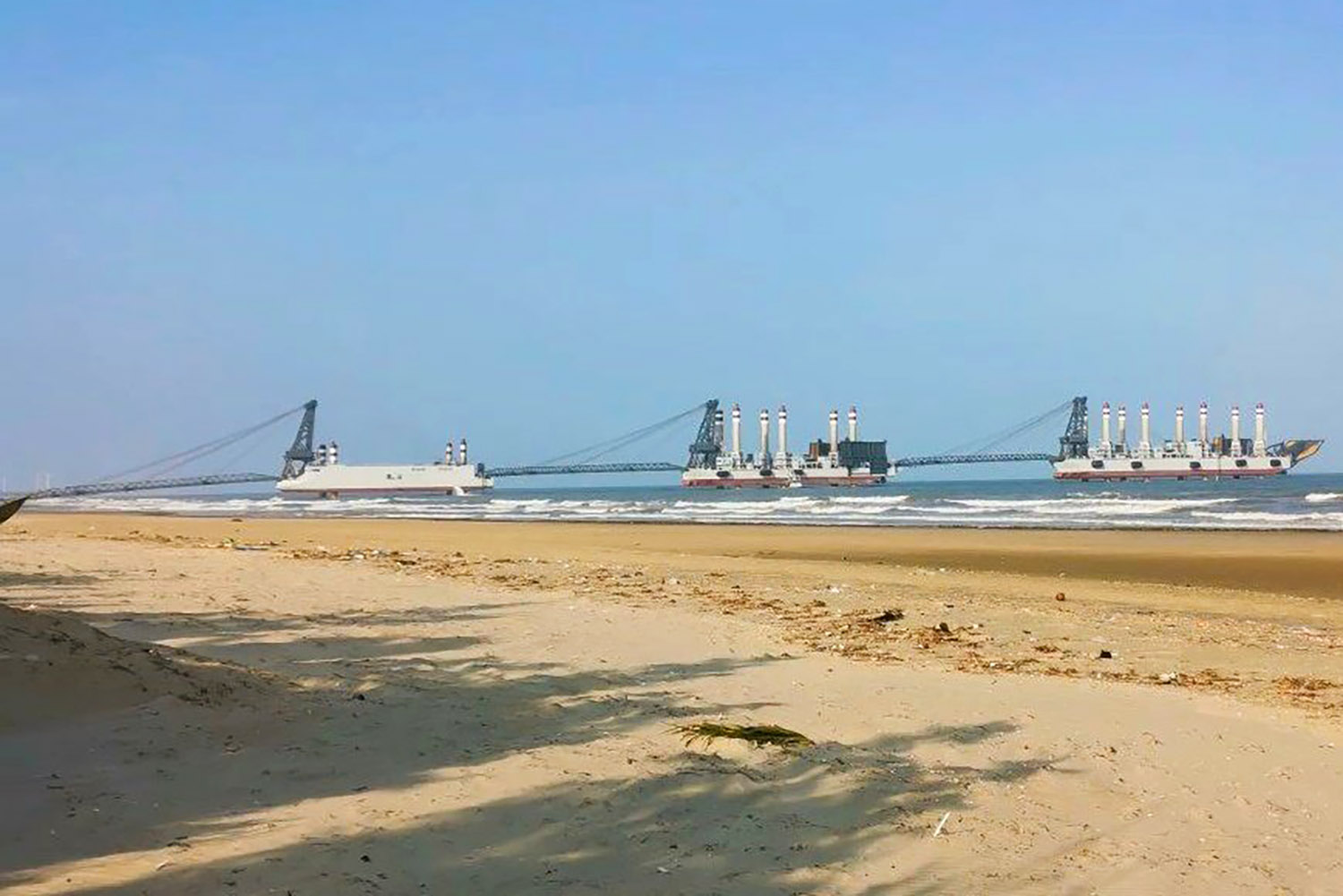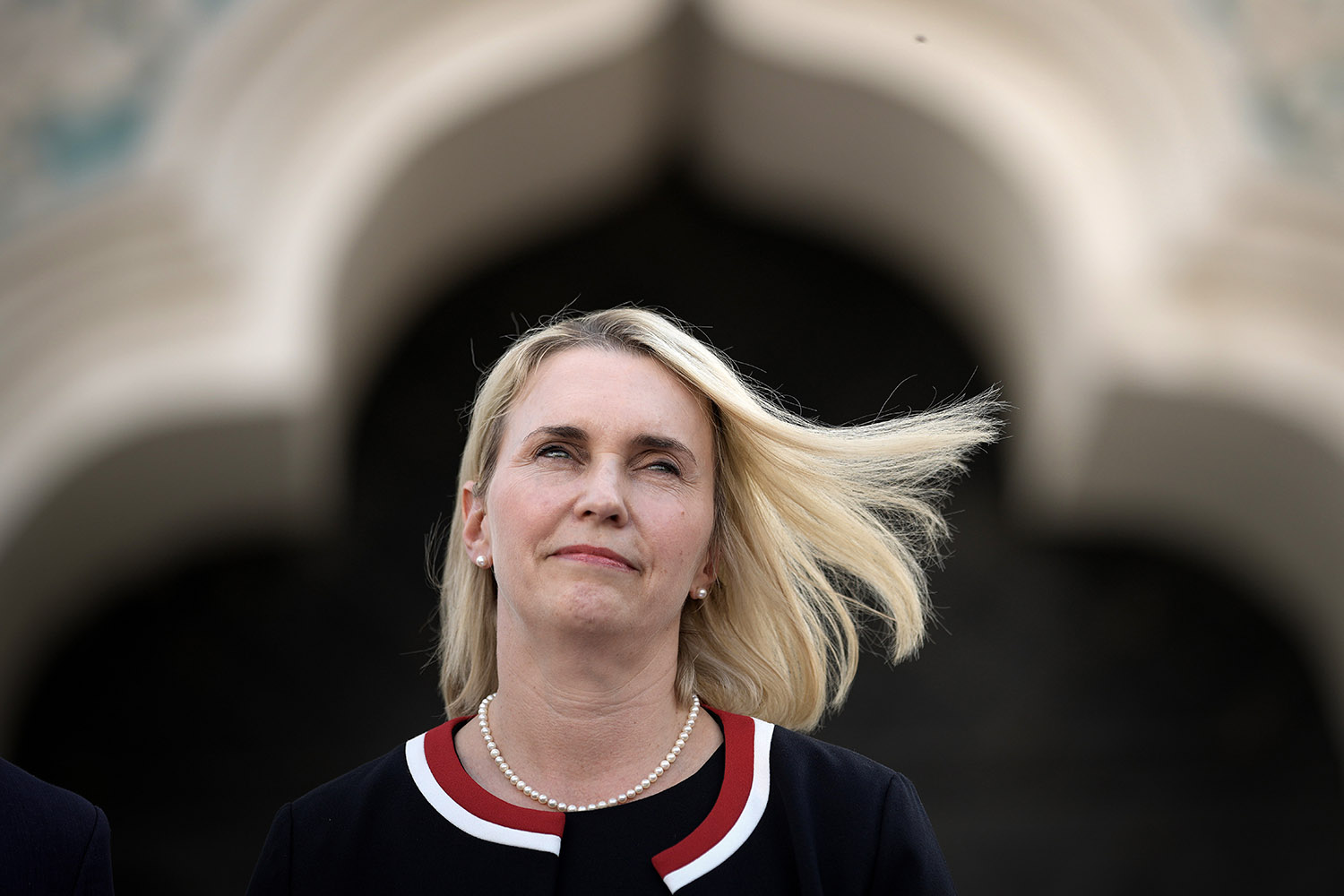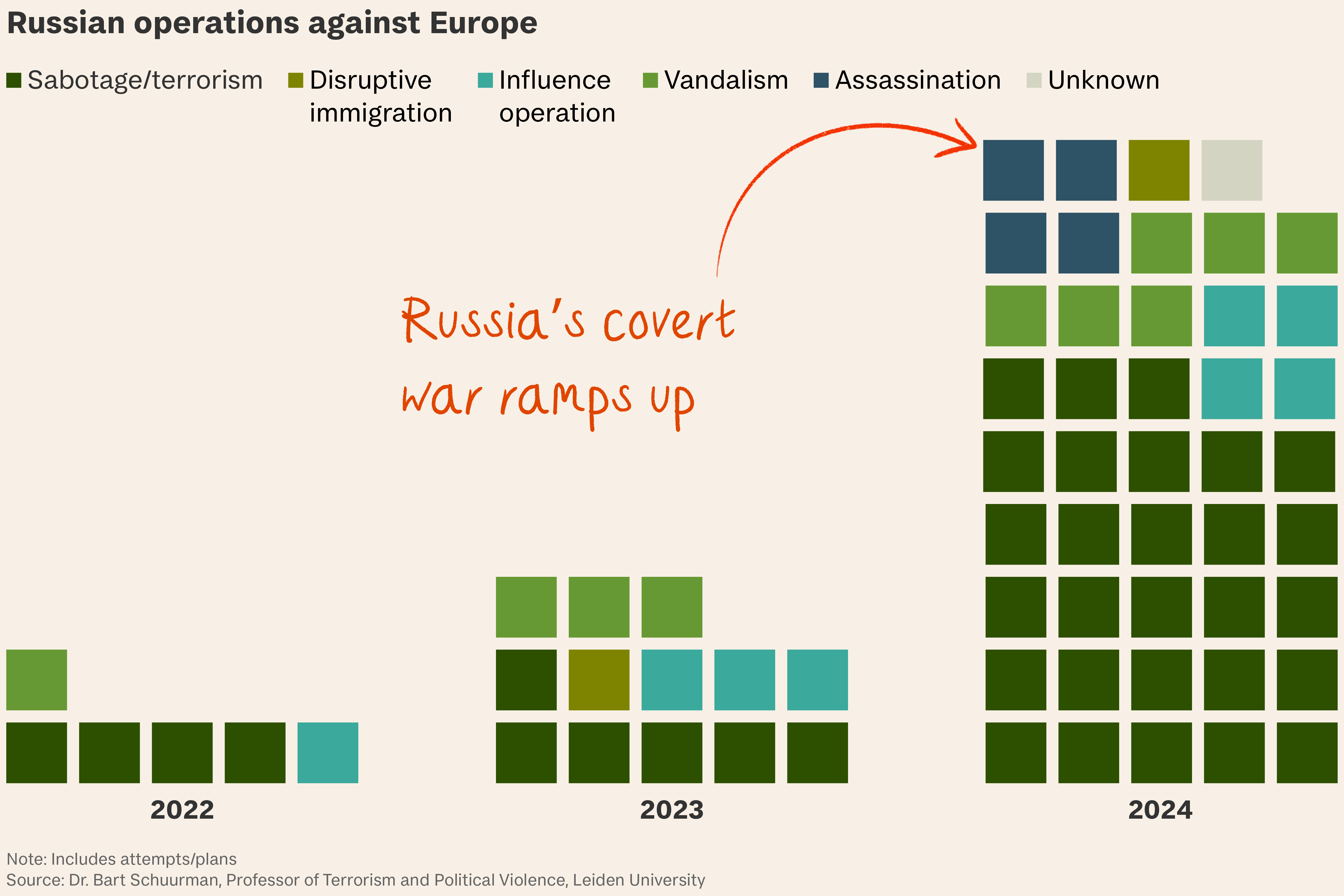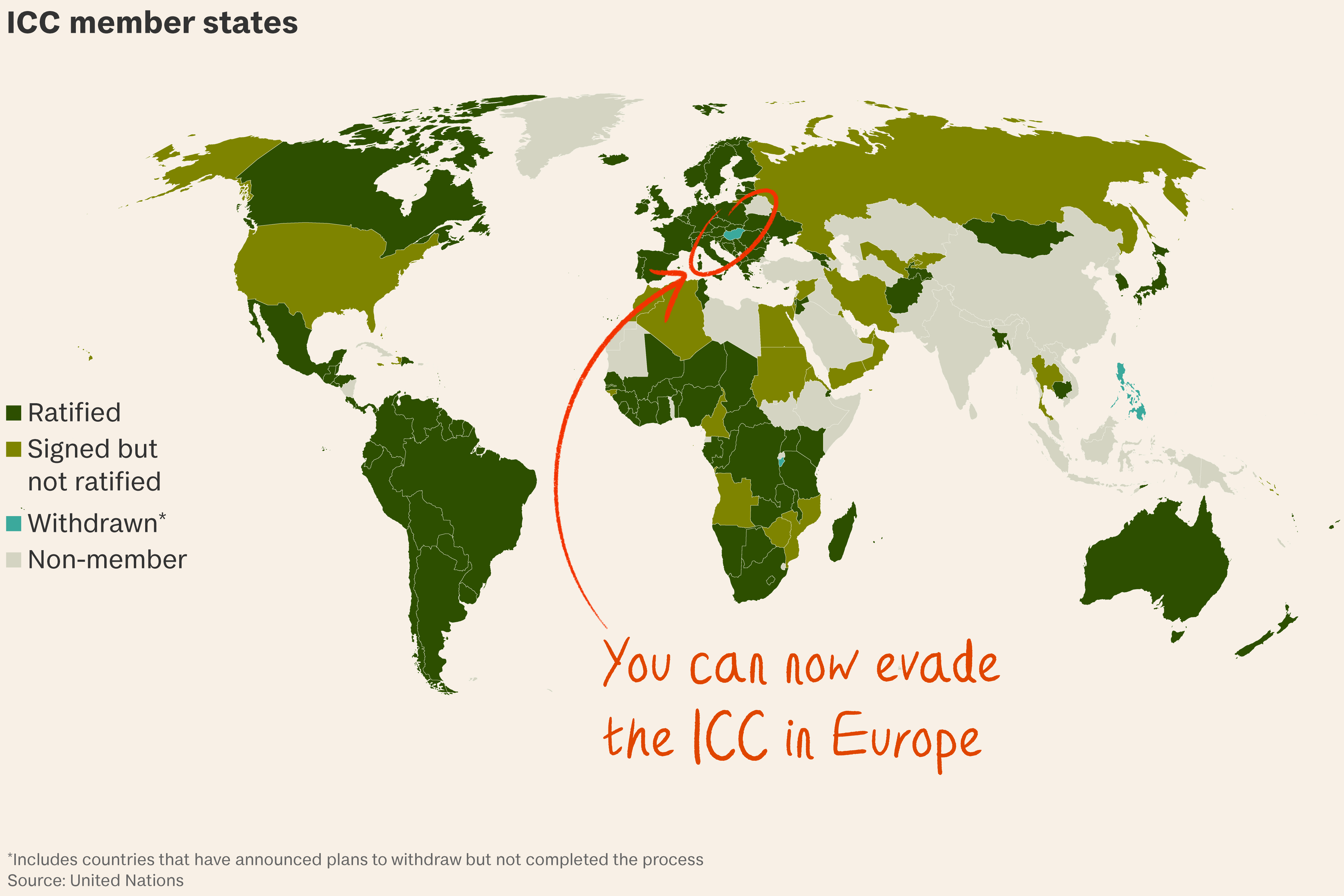The future of the ocean floor – and its potential to provide minerals used in electric vehicles – is being debated this week in Jamaica. The 36-member council of the UN’s International Seabed Authority, which regulates deep sea mining, will negotiate the latest draft of a “mining code” to manage the exploration and extraction of metals like cobalt and nickel, which otherwise have to be mined on land. At least 27 countries have called for a ban or pause on all deep sea mining proposals, saying it could cause irreversible damage to a little-understood marine environment (Hawaii last week issued an outright ban in its waters), while others have started questioning the economic benefit. The ISA’s 168-member assembly will then vote on a new secretary-general on 29 July, with Brazil’s Leticia Carvalho – a marine scientist – standing against incumbent Michael Lodge, a British lawyer seen as a deep sea mining booster.



